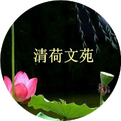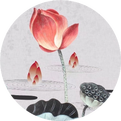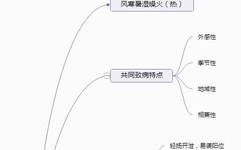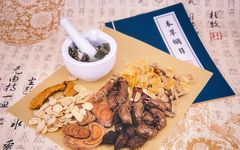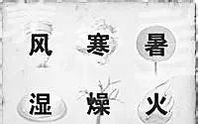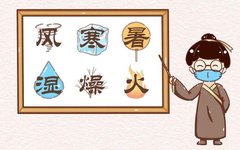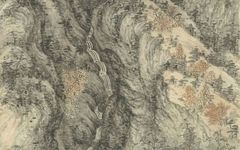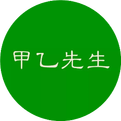Symptoms of Six Excesses and Seven Emotions Related to Diet and External Injuries
Symptoms of Six Excesses and Seven Emotions Related to Diet and External Injuries 1. Six Excesses and Epidemic Syndromes The Six Excesses include Wind, Cold, Heat, Dampness, Dryness, and Fire, which are external pathogenic factors. The characteristics of the Six Excesses include: firstly, they are related to seasons and living environments; for example, many people … Read more

